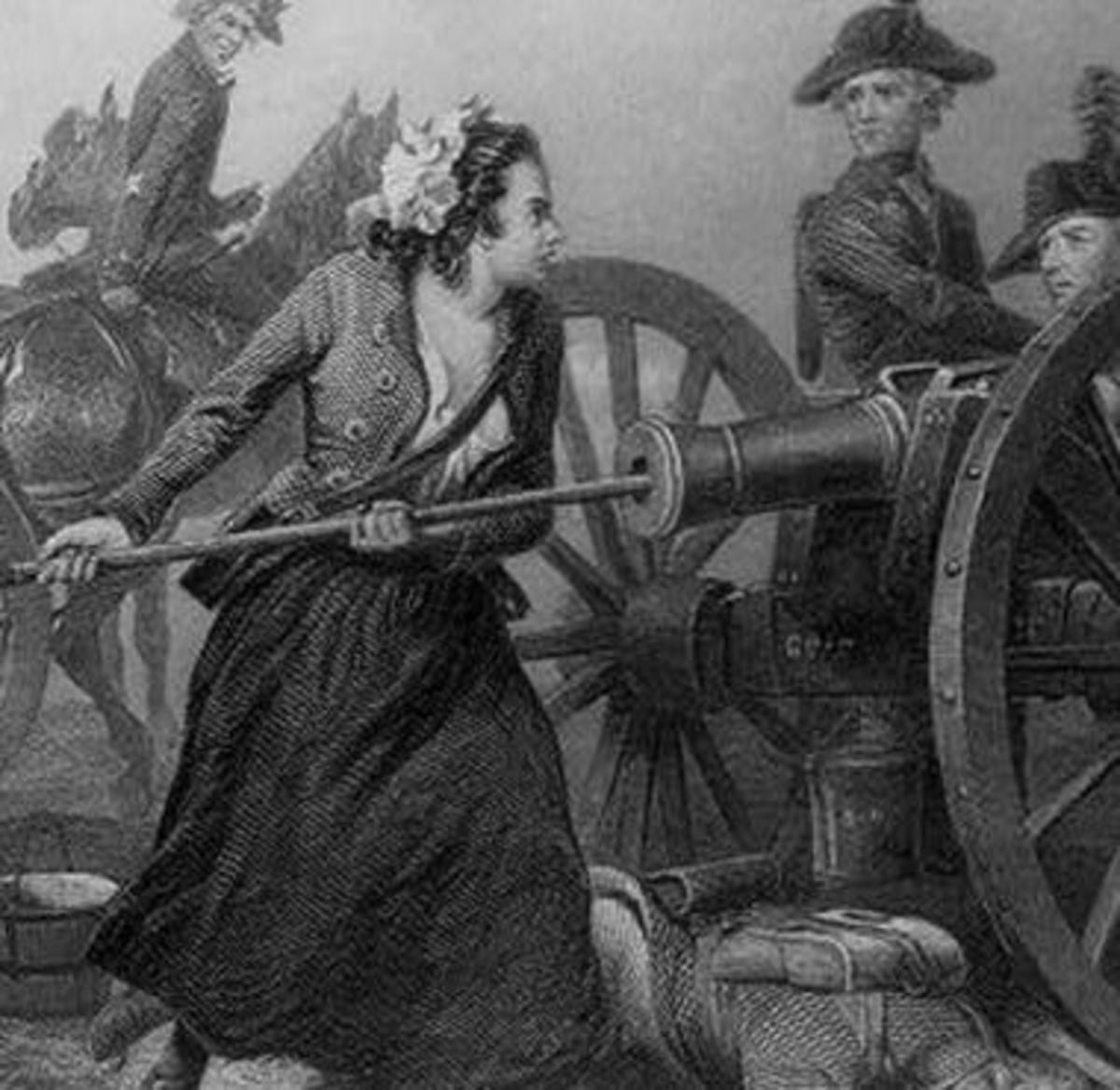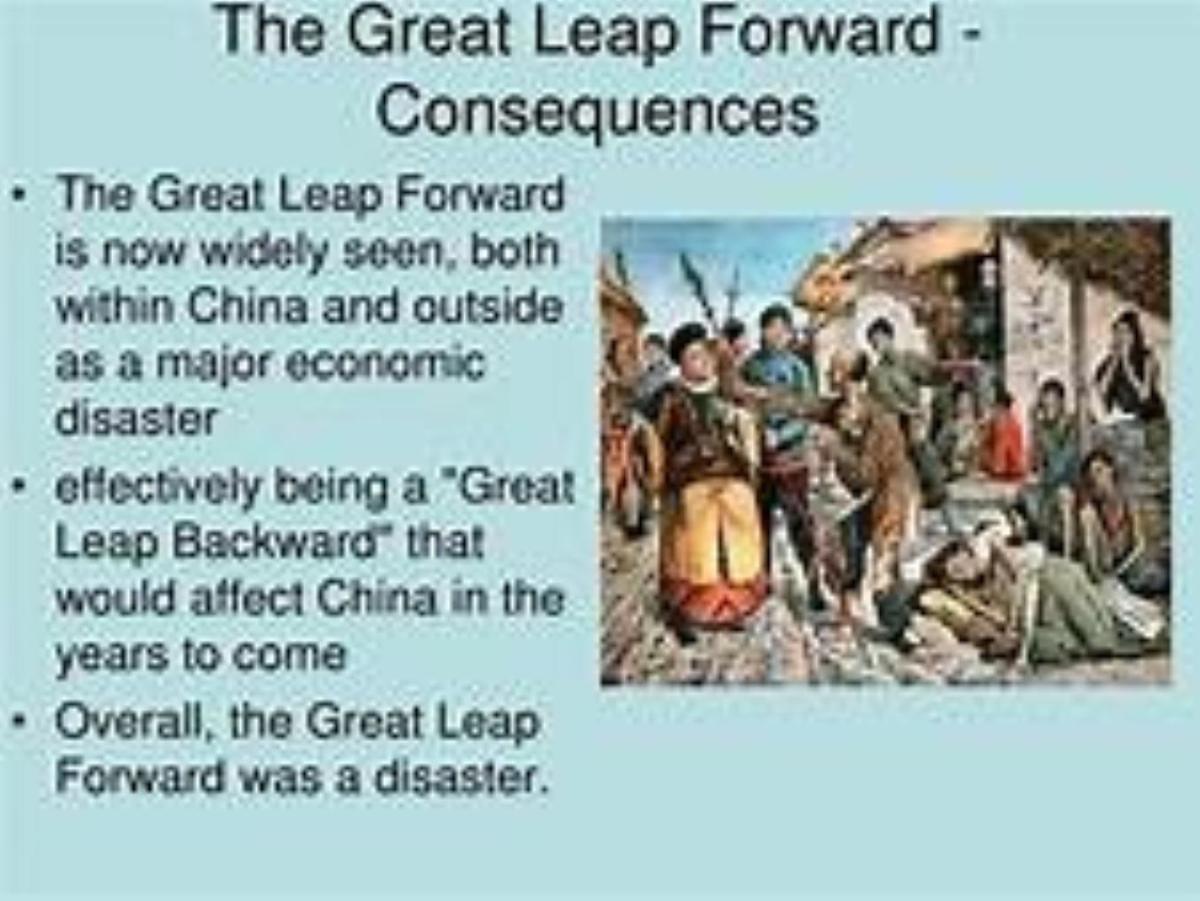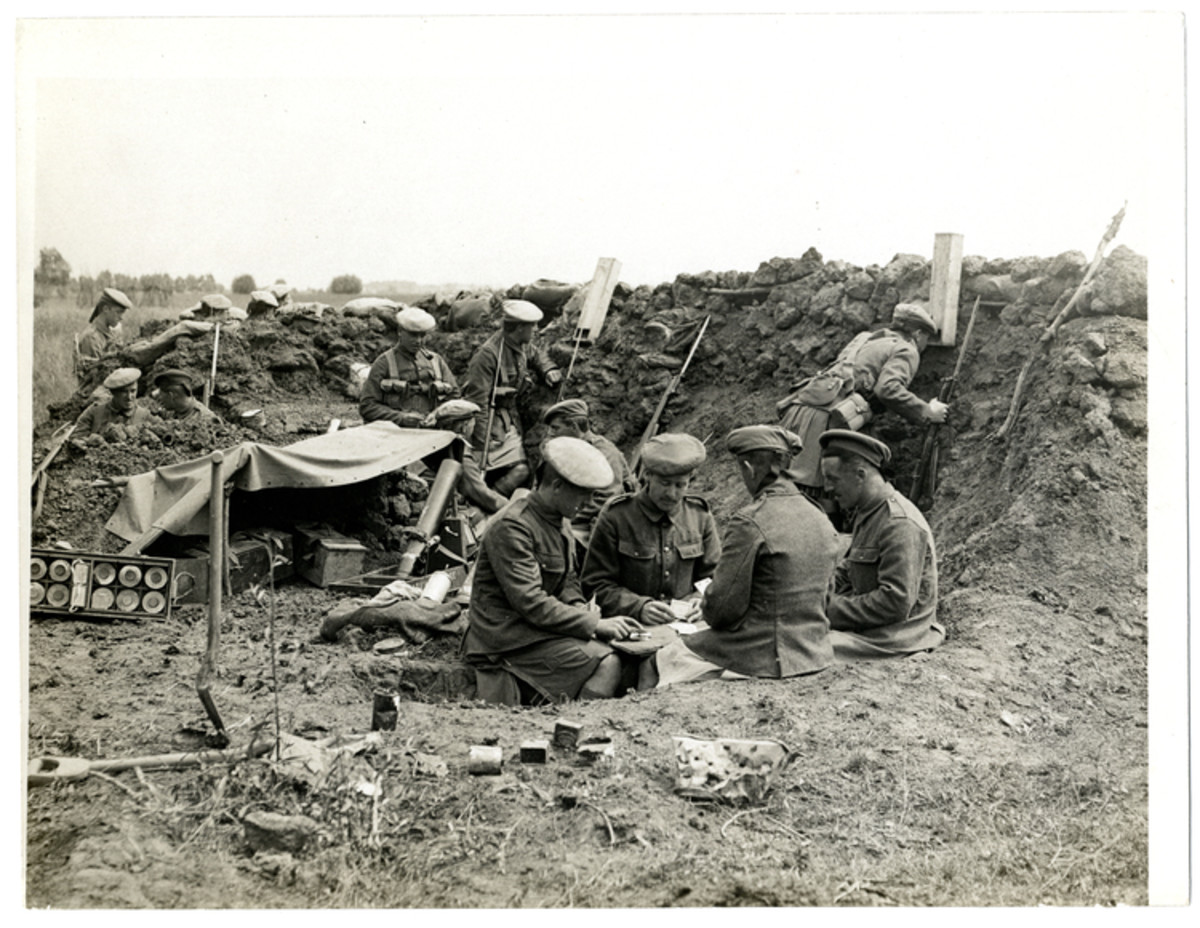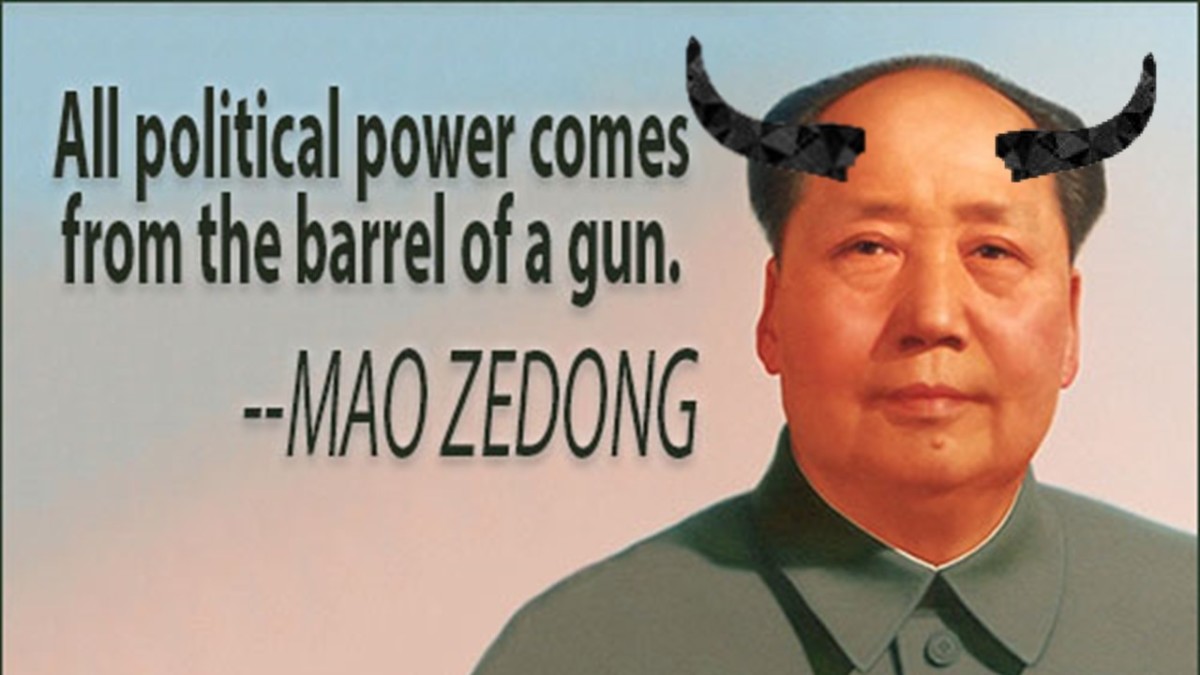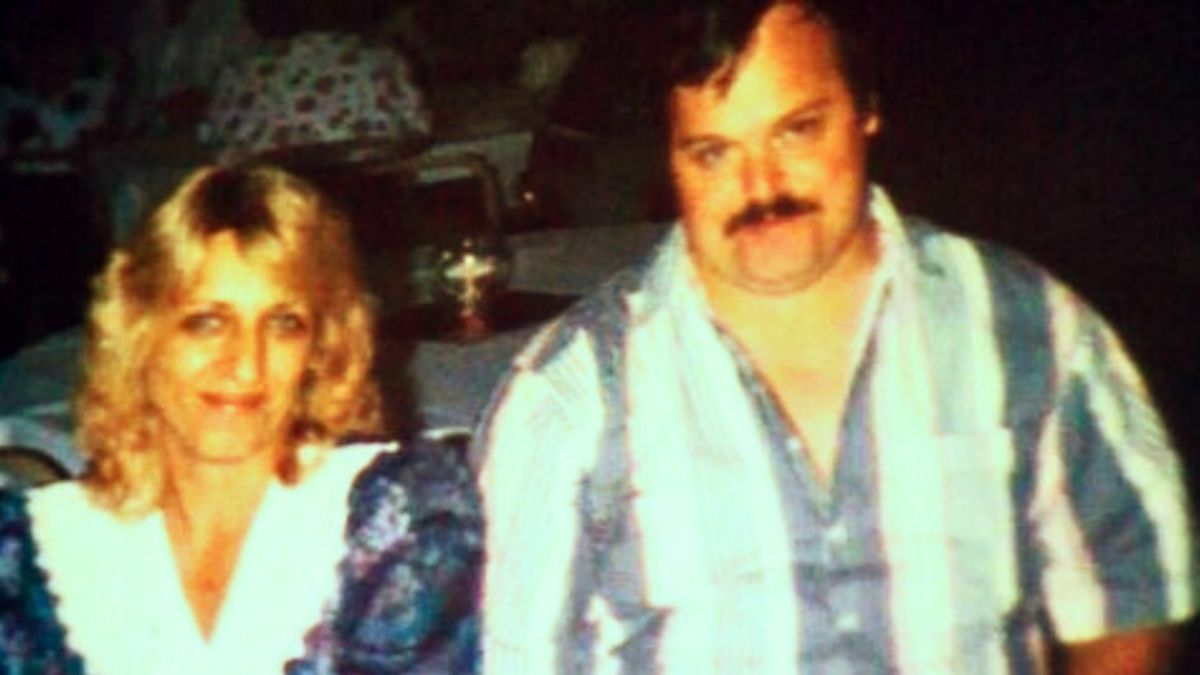Battlefield to Battlefield: What Drives Volunteers to Fight Foreign Wars That Are Not Their Own
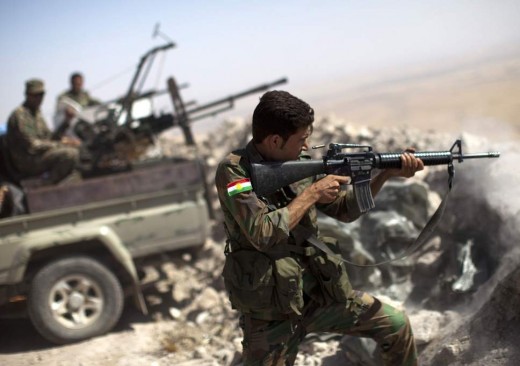
A few days ago, I was reading up on Pershmurga units that had been fighting ISIS in the Middle East and it went into how many Western ex-soldiers were volunteering to go fight with the Kurdish forces as well. These were done against the insistence of their own governments to not volunteer because of political reasons, but it did not deter them. When the articles delved into the reasoning why these vets were willingly choosing to go back into a war zone that they had just left behind, much of it was because they felt that they lacked something in the ‘normal’ world.
A lack of brotherhood, camaraderie, and structure was an often-cited frustration. They added that fighting against a genuine evil like ISIS gave them a sense of purpose, like something they did really mattered. Working nine to five jobs back home didn’t have that. If this was the hay day of the 1960’s Cultural Revolution, those outside the know would call them ‘war-mongers’: soldiers who could not let go the fighting. Even today I doubt that most of us civilians could really grasp the concept of choosing to risk our lives for some abstract concept that to us is just another market option, or to fight an evil that was far-away. What was so unappealing about going to Burger King and sitting on your couch watching Game of Thrones or play the PS4 anyway? About having families and watching your kids at a game?
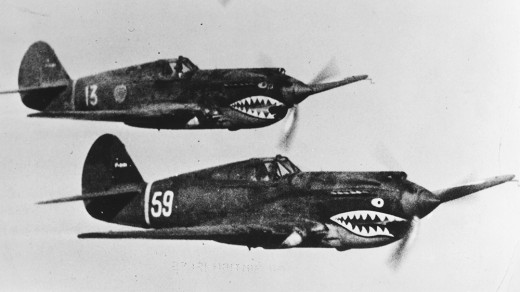
Scratching the Itch
This is not as foreign a concept as it would seem. Many theologians, historians, and philosophers have argued that the human animal feels a compulsion to be a part of something greater. Some great crusade or revolution. For warriors and soldiers, this drive can become even further enhanced. It was called many things over the centuries.
In the ancient world, men fought for glory and that wasn't just some invented Hollywood trope. Alexander the Great is considered the world’s first great conqueror, but few if any knew why he did it to begin with. He ruled a world from Greece to Egypt to India and only stopped because his men were finally too exhausted to fight on, though Alexander himself was not. What drove him?
Some scholars point back to his upbringing and teachings on Greek history. The Homeric tales of the Trojan War and the Odyssey, and the stories of Heracles and Achilles. Greeks immortalized to their heroes into literal gods and saw their legacies as their contribution to history: their glory. There didn’t need to be any other reason than that.
It was similar in the rest of that world, where people fought for the glory of their gods, kings, or empires. All of these were aspects greater than themselves where they found a reason to exist and a reason to kill. As history would continue, nations and people in power would continue to play on this chord and it only really started coming into question at the end of the First World War in 1918.
"The younger generation that came up from the 1990’s and into the modern era were not immersed in commitment to larger ideals or goals because there were none that seem to exist."
Tarnished and Cheapened
Wars have always been extremely violent and brutal by nature of its existence. The beast was nothing more than that and it was people who brought their own reasoning's and rationalizations to dress it into something of a higher purpose. However the Industrial Revolution at the end of the 19th Century had done something that had never been done before since the first conflict of human kind. It radically changed the nature of war’s brutality.
No matter how gory hand-to-hand combat was, those who participated in it always seemed to be able prescribe some sense of nobility to it. Not necessarily rules per se, but a character. This wasn’t a substitute for the violence, but the amount of dedication and courage to be willing to do these acts gave it meaning. It wasn’t cheap. Yet mechanized society altered that.
Where as a sword or even a rifle or musket could kill people a few at a time, now the machine gun could kill dozens or hundreds at a time at great distances. Shells fired from cannons miles off could kill the enemy before they even had the chance to test their courage and skill. World War One put this new reality on display for all the world to see. It seemed like whatever it was that glossed over the carnage was removed and for a time, it was like the world woke up to what it was actually doing, no longer seeing the glory in it.
World War Two then came along and again changed the nature of conflict a second time by slightly adjusting our rationalizations of it. When we would go to fight, it would not be for glory or gods, but for national pride and to save the world from greater evils like, fascism, communism, or capitalism. Great causes replaced personal glory on the world stage and in some strange way, that seem to connect everyone: like we were all in it together. This worked for awhile too until the fall of the Soviet Union in 1989. When that happened, there appeared for that generation no more great cause to fight for or unite them with society.

Adrift
While there was still conflict in the 1990’s and into this century, the world itself around which it occurred had changed. The younger generation that came up from the 1990’s and into the modern era were not immersed in commitment to larger ideals or goals because there were none that seem to exist. The few that did like religion, increasingly seemed to be corrupt and on the out. And big business was so naked about its self-absorbed capitalism that it barely needed an explanation.
While the war on terror and in Iraq seem to be drawn out blood bath rooted in political ego and mistakes, many soldiers who went there had often said that they still felt a sense of purpose. Something they were doing actually mattered on the scales of history and wasn't just a forgettable footnote for someone to do a Youtube video on.
This wasn't the same glory-hunting from the ancient world, or the violent culture clashes of god and empires from the Middle Ages. It was however the same existential feeling that something they did or died for was actually fulfilling, or at least had the potential to be. That spirit no longer existed in the civilian world, or perhaps they weren’t aware for their capacity for that need before hand.
Normal living had become fighting just to get and maintain a job, or paying the bills and managing wartime injuries like PTSD in a world that saw you as replaceable via Craigslist. People coming back seem to be treated as a different class, both because of their choice to fight abroad that other civies didn’t make, and how that experience had altered them. It was a rut the way it was described by many veterans, that lacked any who understood what it was like to have a band of brothers at your back and to feel like something you were a part of something. And that in turn made them feel valuable as human beings.
"Its debatable where the human urge to fall into the greater currents of history and immortality come from."
Re-Discovering Purpose
This leads up to the conflict with ISIS, where the crimes they were committing were something out of the Dark Ages and nakedly brutal. It wasn’t Hollywood. It wasn’t doctored, government propaganda and it wasn’t fake. There was no apology for it or rationalization like most modern conflicts. The idea that humanity had evolved passed such barbarism was again shattered and more importantly, was brought home by globalism and the internet. While most of us felt helpless to do anything, or would not do anything to stop it, it seemed like many current veterans from Western countries, and even some civilians, felt just as compelled to go out and do something about it as did their counterparts who did the same to join the ranks of ISIS.
World War Two has often been referred to as the last, good war because everything seemed clear cut and what they were struggling against. This conviction became even more powerful with the revelation of concentration camps and atrocities committed in the Pacific. It was not just an issue of nations squabbling over petty things with their armies, but a true fight against something genuinely evil.
Its debatable where the human urge to fall into the greater currents of history and immortality come from. Religious institutions would say that its inborn and placed in the soul by deities. Intellectuals may say that it is engraved culturally and that veterans who feel that this need has not been met by their own cultures and is a failing of the culture itself. And others may still say that such people are war mongers.
What cant be argued is that being a soldier and a warrior across the centuries has meant something very dear and dearly brought. Strong enough that even peace time for some doesn’t satiate it and that its worth letting go of the comforts of home and the backing of their governments. Maybe its something that Alexander the Great could answer.
© 2018 Jamal Smith

